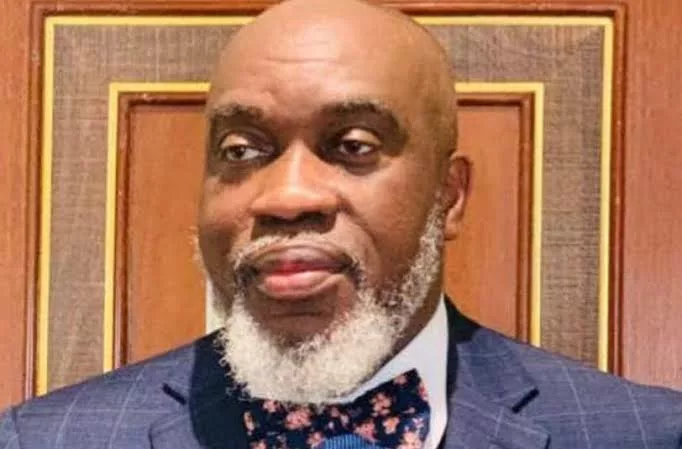Prof. Chidiebere Onyia, the Secretary to the Enugu State Government (SSG), has revealed that 50 per cent of pupils in the state cannot read in English or solve basic mathematical problems.
Onyia made this disclosure during his keynote address, titled “Smart Basic Education and the Future of Africa,” at the quadrennial convention of the Old Boys Association of Union Secondary School, Awkunanaw, held on Thursday in Enugu.
He said that the government made this discovery through its Baseline Assessment of primary schools in November 2023.
“On our findings, it’s alarming. After six years of primary school, 50 per cent of our children cannot even read a single word in English, and those who manage to read face challenges in comprehension.”
“On top of that, 50 per cent of our children are unable to tackle simple subtraction problems. What we’ve found in Enugu State mirrors the situation across our nation.”
Expressing dissatisfaction, Onyia noted that in Nigeria, 3 out of 4 children who complete basic education lack proficiency in literacy and numeracy, a situation described by the World Bank, UNICEF, and UNESCO as ‘the Nigerian Learning Crisis.’
He further stressed that the teaching methods currently employed fail to equip children with vital skills in science, technology, productivity, and digital competence.
However, he noted that the state government has revamped its education policy to include bio-digital technology that aims to drive industrial growth.
This transformation involves introducing innovative technologies, especially at the basic education level, which Governor Peter Mbah has spearheaded to align with changing global demands.
Onyia assured that these challenges are being addressed through comprehensive policy initiatives undertaken by the government.
He outlined these initiatives, mentioning the implementation of a smart school model across the 260 electoral wards in the state. These schools will incorporate new facilities such as centres for artificial intelligence and robotics, along with interactive smart boards.
Additionally, Onyia noted the shift in academic curricula to prioritize experiential learning, problem-solving, and case studies.
He stressed that these changes will not only equip students with emerging technological skills but also position them to compete globally with their peers.
“In Enugu State, we’re now convinced that aside from providing continuous training and professional development to teachers within the school systems, we must transform how teachers teach and how students learn,” he concluded. (NAN)











